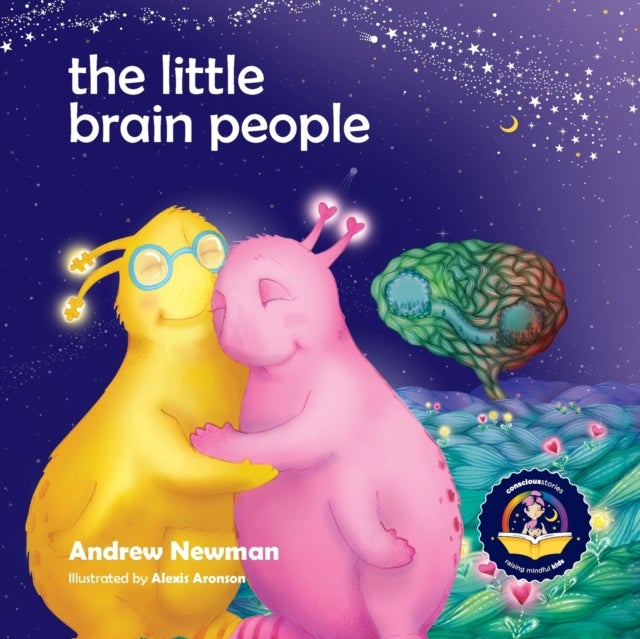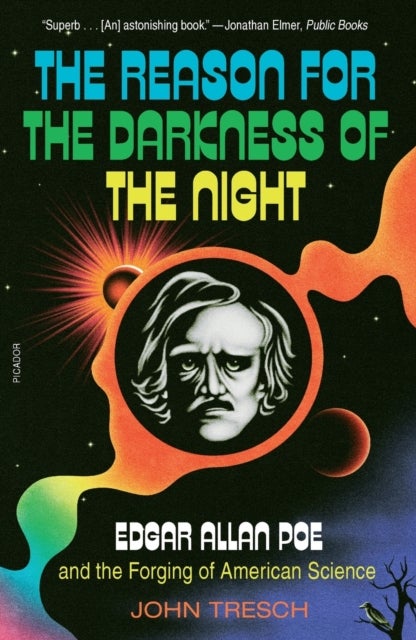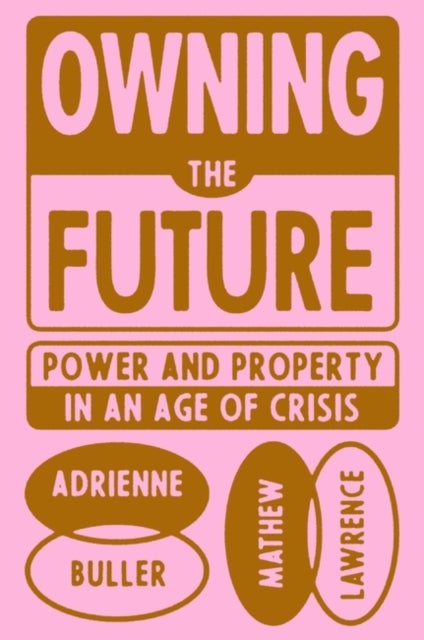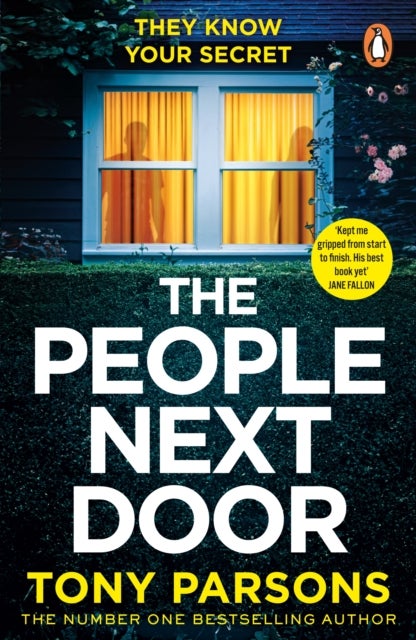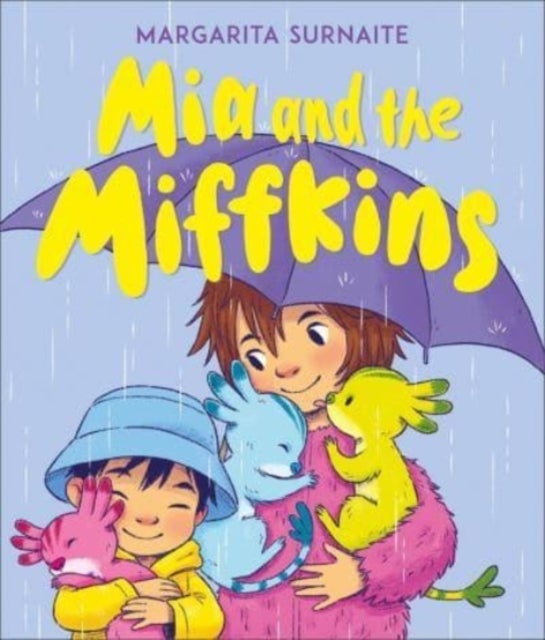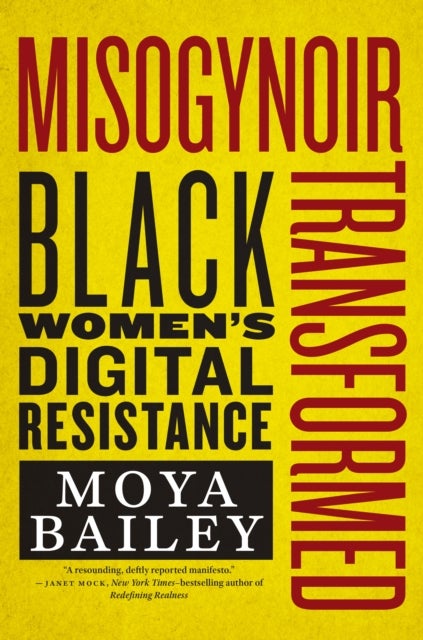
Misogynoir Transformed av Moya Bailey
529,-
<p><b>Where racism and sexism meet¿an understanding of anti-Black misogyny</b><br/>When Moya Bailey first coined the term <i>misogynoir</i>, she defined it as the ways anti-Black and misogynistic representation shape broader ideas about Black women, particularly in visual culture and digital spaces. She had no idea that the term would go viral, touching a cultural nerve and quickly entering into the lexicon. Misogynoir now has its own Wikipedia page and hashtag, and has been featured on Comedy Central¿s <i>The Daily Show</i> and CNN¿s <i>Cuomo Prime Time</i>. In <i>Misogynoir Transformed</i>, Bailey delves into her groundbreaking concept, highlighting Black women¿s digital resistance to anti-Black misogyny on YouTube, Facebook, Tumblr, and other platforms. <br/>At a time when Black women are depicted as more ugly, deficient, hypersexual, and unhealthy than their non-Black counterparts, Bailey explores how Black women have bravely used social-media platforms to confront misogynoir in

